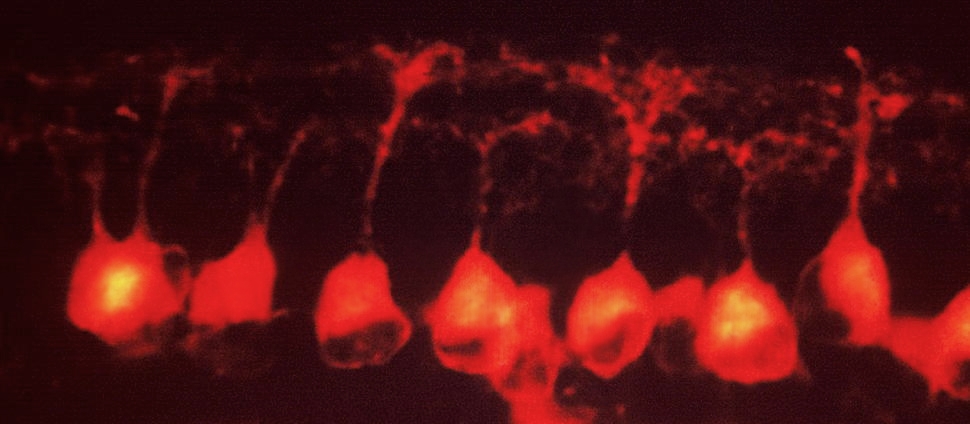Document Type
Article
Publication Date
1-2016
Publication Title
Hormonal Behavior
Abstract
Since the first report of maternal care effects on DNA methylation in rats, epigenetic modifications of the genome in response to life experience have become the subject of intense focus across many disciplines. Oxytocin receptor expression varies in response to early experience, and both oxytocin signaling and methylation status of the oxytocin receptor gene (Oxtr) in blood have been related to disordered social behavior. It is unknown whether Oxtr methylation varies in response to early life experience, and whether currently employed peripheral measures of Oxtr methylation reflect variation in the brain. We examined the effects of early life rearing experience via natural variation in maternal licking and grooming during the first week of life on behavior, physiology, gene expression, and epigenetic regulation of Oxtr across blood and brain tissues (mononucleocytes, hippocampus, striatum, and hypothalamus). Rats reared by “high” licking-grooming (HL) and “low” licking-grooming (LL) rat dams exhibited differences across study outcomes: LL offspring were more active in behavioral arenas, exhibited lower body mass in adulthood, and showed reduced corticosterone responsivity to a stressor. Oxtr methylation was significantly lower at multiple CpGs in the blood of LL versus HL rats, but no differences were found in the brain. Across groups, Oxtr transcript levels in the hypothalamus were associated with reduced corticosterone secretion in response to stress, congruent with the role of oxytocin signaling in this region. Methylation of specific CpGs at a high or low level was consistent across tissues, especially within the brain. However, individual variation in methylation relative to these global patterns was not consistent across tissues. These results suggest that blood Oxtr methylation may reflect early experience of maternal care, and that Oxtr methylation across tissues is highly concordant for specific CpGs, but that inferences across tissues are not supported for individual variation in Oxtr methylation.
Keywords
cross-tissue, epigenetic, DNA methylation, Oxtr, oxytocin, oxytocin receptor, natural variation, maternal care, anxiety behavior, concordance
Volume
77
First Page
42
Last Page
52
DOI
10.1016/j.yhbeh.2015.05.022
Creative Commons License

This work is licensed under a Creative Commons Attribution 4.0 International License.
Rights
Licensed to Smith College and distributed CC-BY under the Smith College Faculty Open Access Policy.
Recommended Citation
Beery, Annaliese K.; McEwen, Lisa M.; MacIsaac, Julia L.; Francis, Darlene D.; and Kobor, Michael S., "Natural Variation in Maternal Care and Cross-Tissue Patterns of Oxytocin Receptor Gene Methylation in Rats" (2016). Neuroscience: Faculty Publications, Smith College, Northampton, MA.
https://scholarworks.smith.edu/nsc_facpubs/17



Comments
Peer reviewed accepted manuscript.
Publisher's Disclaimer: This is a PDF file of an unedited manuscript that has been accepted for publication. As a service to our customers we are providing this early version of the manuscript. The manuscript will undergo copyediting, typesetting, and review of the resulting proof before it is published in its final citable form. Please note that during the production process errors may be discovered which could affect the content, and all legal disclaimers that apply to the journal pertain.